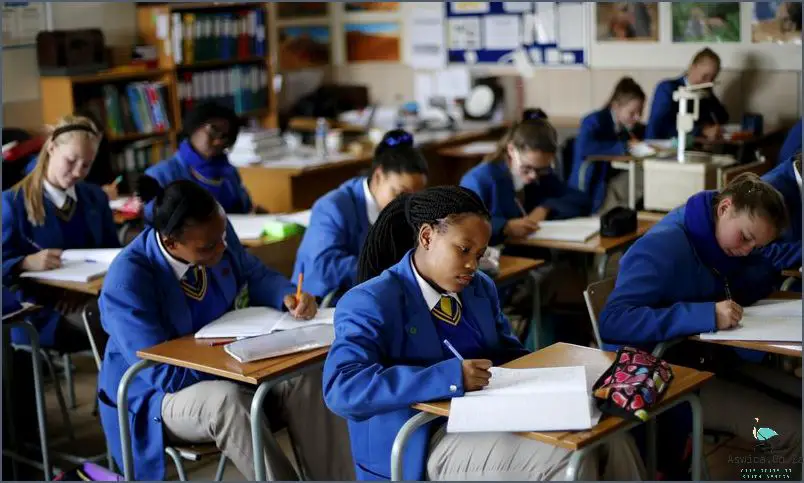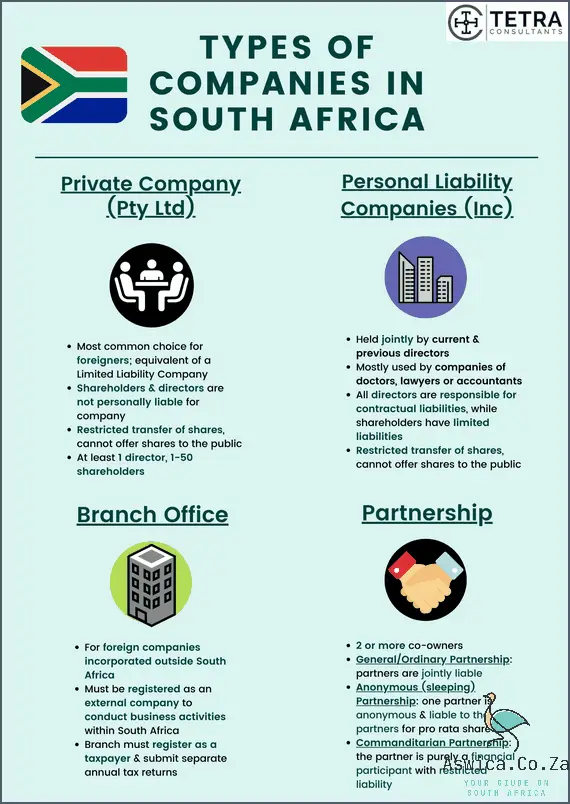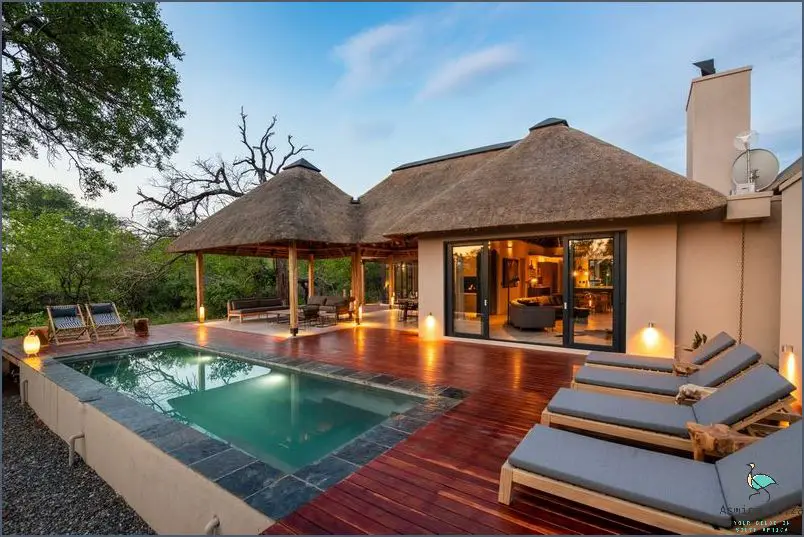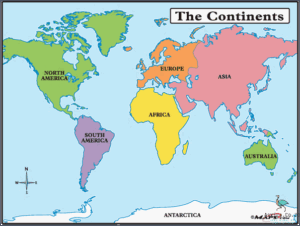
It is not difficult to register a private school in South Africa. The South African Schools Act of 1996 makes provision for the registration of private schools. Section 29 of the Act stipulates that any person who wishes to establish a new school must apply to the Department of Education for registration. The application must be made on the prescribed form and must be accompanied by the registration fee.
The Department of Education will consider the application and may approve or reject it. If the application is approved, the Department will issue a certificate of registration. The certificate must be displayed at the school.
The Act also requires that private schools be accredited by the Department of Education. This is to ensure that the schools meet certain standards. Schools that are not accredited may not be eligible for certain government subsidies.
To be accredited, a private school must submit an application to the Department of Education. The application must be accompanied by the accreditation fee. The Department will assess the school and may grant or deny accreditation.
Private schools that are accredited by the Department of Education will be issued with an accreditation certificate. This certificate must be displayed at the school.
Contents
How To Register A Private School In South Africa
Registering a private school in South Africa involves meeting a number of criteria in order to be approved by the Department of Education. Firstly, the school must be registered with the relevant provincial education department and must provide proof of the legal entity of the school. A school management plan, policies and procedures must be in place and the school must have a minimum of three teachers and four classrooms. In addition, the school must have a valid safety and security plan, health and safety certificates, and a valid financial plan. Finally, the school must submit a plan and budget for the next five years, and provide evidence of financial stability. Once all the criteria have been met, the school will be registered and given a registration certificate.

Determine the type of school you are registering
When it comes to registering a private school in South Africa, one of the most important decisions to make is determining the type of school you would like to register. Depending on the type of school you choose, there are various requirements and regulations that must be met in order to be compliant with the South African education system.
The first step is to decide whether you would like to register a primary or secondary school. Primary schools are generally for learners in the early stages of their academic development, while secondary schools are intended for students who are looking to pursue further academic and career goals. The type of school you choose should be based on the curriculum and goals of the school, as well as the age of the learners you intend to serve.
Once you have determined the type of school you would like to register, the next step is to determine what type of school you would like to create. There are a variety of options available, including private independent schools, special-needs schools, and religious schools. Each type of school has its own set of regulations and requirements, so it is important to do your research and ensure that you are meeting the necessary criteria for your chosen type of school.
Finally, you must decide whether or not the school will be registered with the Department of Education. Registration with the Department of Education is necessary for all schools operating in South Africa, and it is important to comply with the necessary requirements in order to be registered. It is also important to note that the Department of Education has its own set of regulations and requirements, which must be met before the school can be registered.
By taking the time to determine the type of school you would like to register, you can ensure that you are compliant with South African education regulations and that you are providing the necessary education and support to your learners. If you have any questions about the registration process, it is important to contact the Department of Education for more information.
Determine the location of the school
Finding the ideal location for a private school in South Africa can be a challenging task. It is important to consider all factors when making this important decision. The following guide will provide you with an overview of the key considerations when determining the location of the school.

Firstly, you must consider the local demographic. It is essential to assess the size and composition of the local population in order to determine whether or not there is sufficient demand for the school. Also, you should consider the socio-economic status of the local community – this will help you decide whether or not the school is likely to be successful in the area.
Secondly, you should also consider the accessibility of the school. It is important to consider the proximity of transport links, as well as the availability of public transport routes. This will ensure that the school is easily accessible for both students and staff.
Thirdly, you should consider the local infrastructure of the area. This includes the availability of local amenities, such as shops, leisure facilities, and healthcare services. This will ensure that the students and staff have access to the facilities they need to succeed.
Finally, you should also consider the cost of setting up the school in the area. You must conduct research in order to assess the cost of renting or buying land, as well as the cost of construction and other setup costs. This will ensure that your school is financially viable and will be able to provide the required services to its students.
In conclusion, it is important to consider all factors when determining the location of a private school in South Africa. You must consider the local demographic, the accessibility of the school, the local infrastructure, and the cost of setting up the school. By taking all of these factors into account, you can ensure that your school is located in the ideal location for its success.
Prepare all the necessary documents for registration
Registering a private school in South Africa is a complex and lengthy process, but it is possible with the right preparation. To ensure a successful registration, it is important to have all the necessary documents and information ready before beginning the application.

The very first step is to obtain a purpose-built facility to house the school. The facility must meet the minimum requirements of the Department of Education and Training (DET) in order to be approved as a school premises. This includes having the correct number of classrooms, as well as other necessary features such as toilets, safe drinking water, and electricity.
Once a suitable facility has been found, the next step is to obtain a certificate of occupation from the local municipality. This document must be registered with the DET in order to proceed with the registration process.
The school must also have a governing body that is compliant with the South African Schools Act. This governing body must be made up of at least five people who are willing to take responsibility for the school’s policies and operations. The governing body must have a constitution that outlines their roles and responsibilities as well as that of the principal and teachers.
The school must also have a dedicated principal. The principal must be approved by the DET and must have the relevant qualifications and experience necessary to manage the school. It is also important that the principal is familiar with the South African Schools Act and its regulations.
The school must also have a curriculum that is approved by the DET. The curriculum must include educational activities that are in line with the national curriculum and that are age-appropriate for the students.
Finally, the school must have the appropriate insurance and financial documents in place. This includes insurance for the premises, liability insurance for staff, and proper accounting and financial records.
By ensuring that all the necessary documents and information are in place before beginning the registration process, the chances of a successful registration are significantly increased. With the right preparation and paperwork, registering a private school in South Africa can be a relatively straightforward process.
Conclusion
In conclusion, registering a private school in South Africa is a lengthy and comprehensive process that requires applicants to register with the Department of Education, obtain a National Education Evaluation and Management System (NEEMS) number, and submit all relevant documents to the Department. After the documents are accepted, the school must obtain accreditation from the provincial Department of Education and register with the Provincial Education Labour Relations Council (PELRC). After all the steps have been taken, the school can then be registered and recognised as a private school in South Africa.



